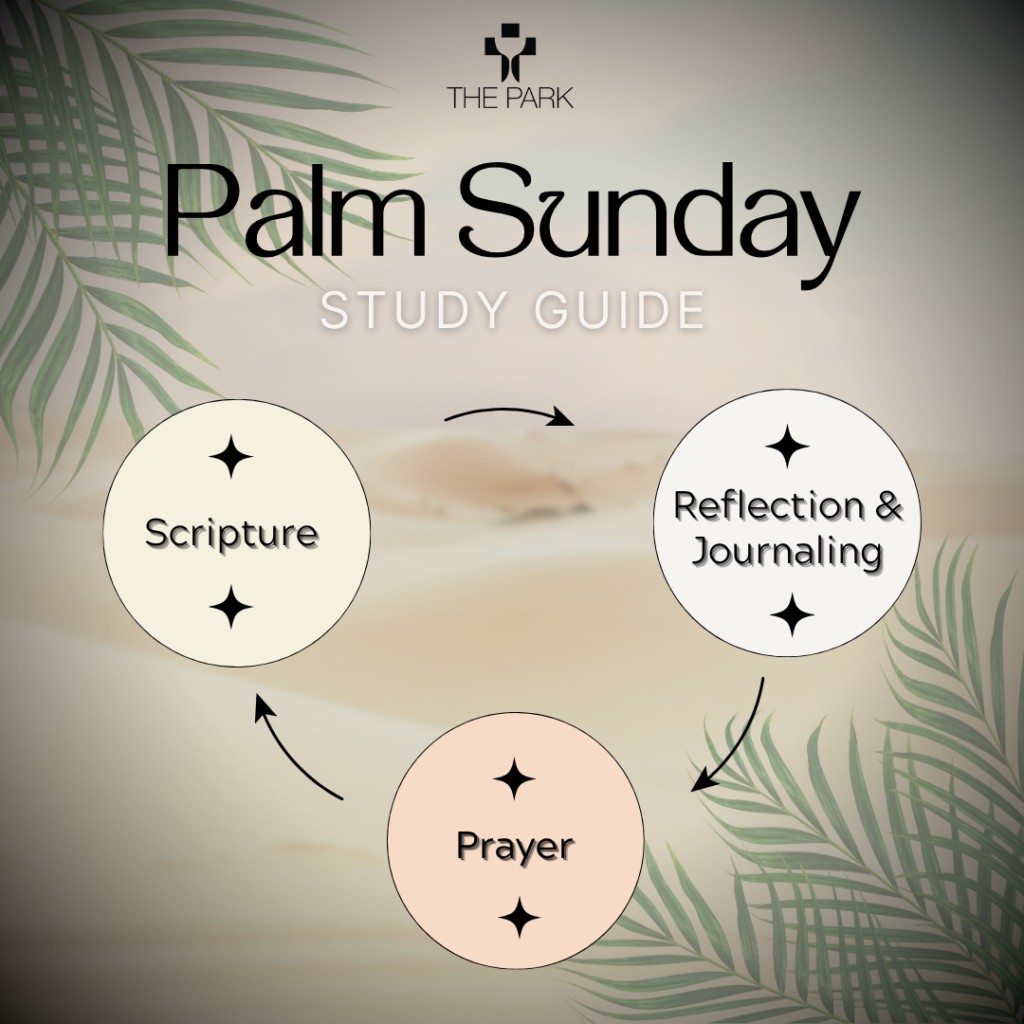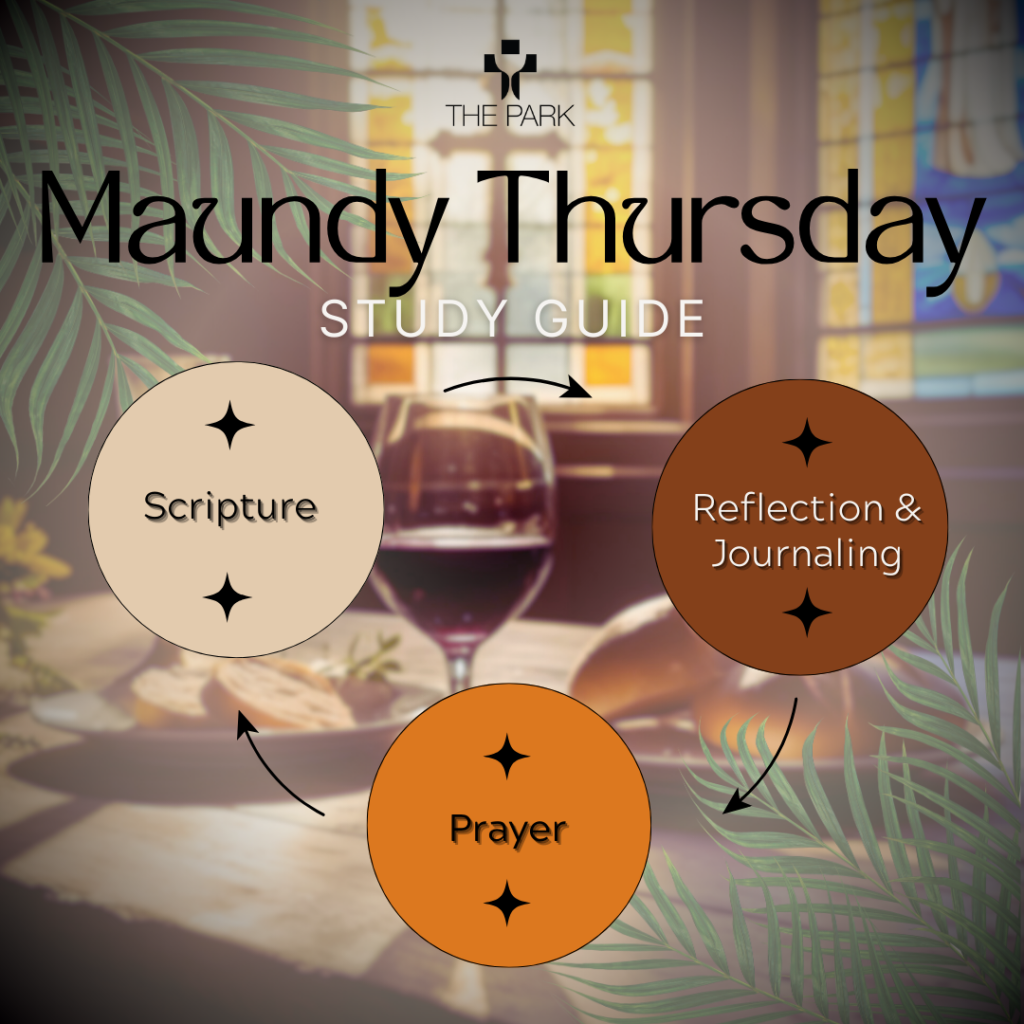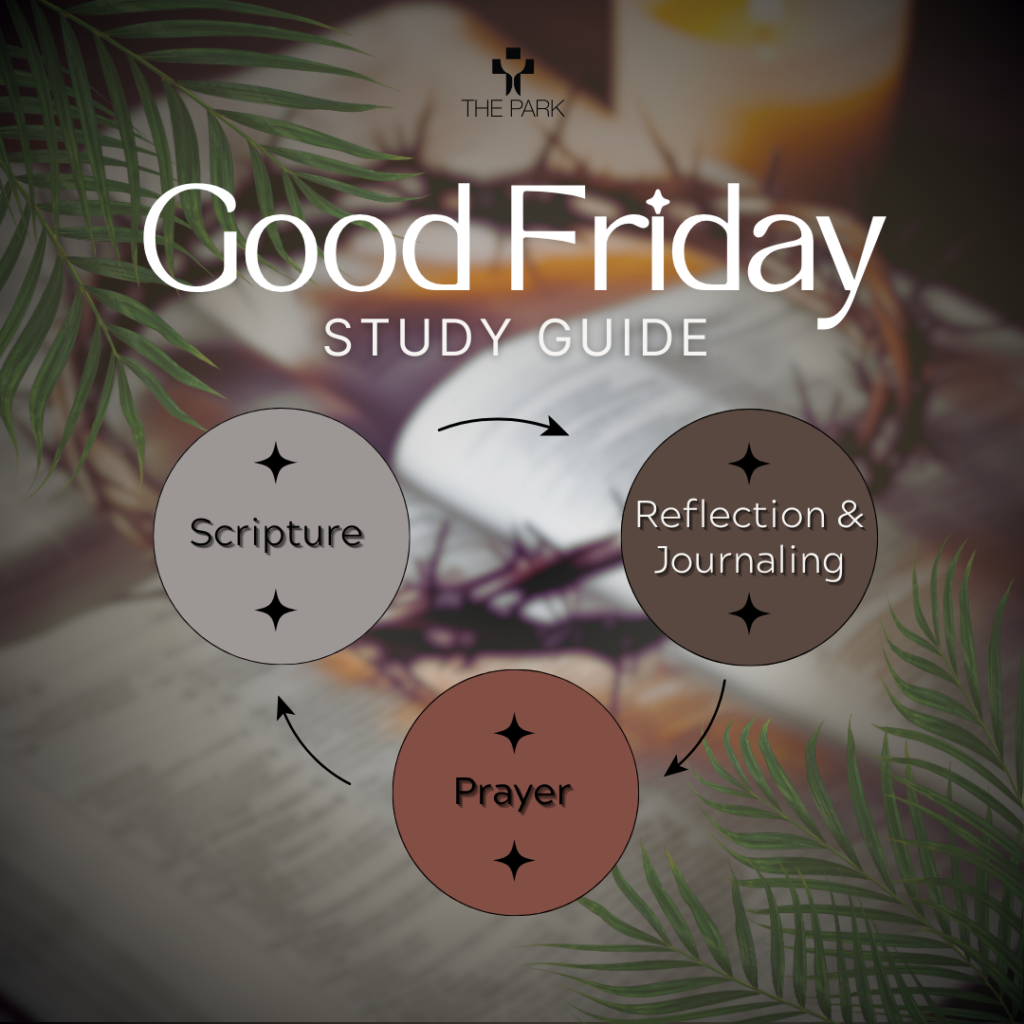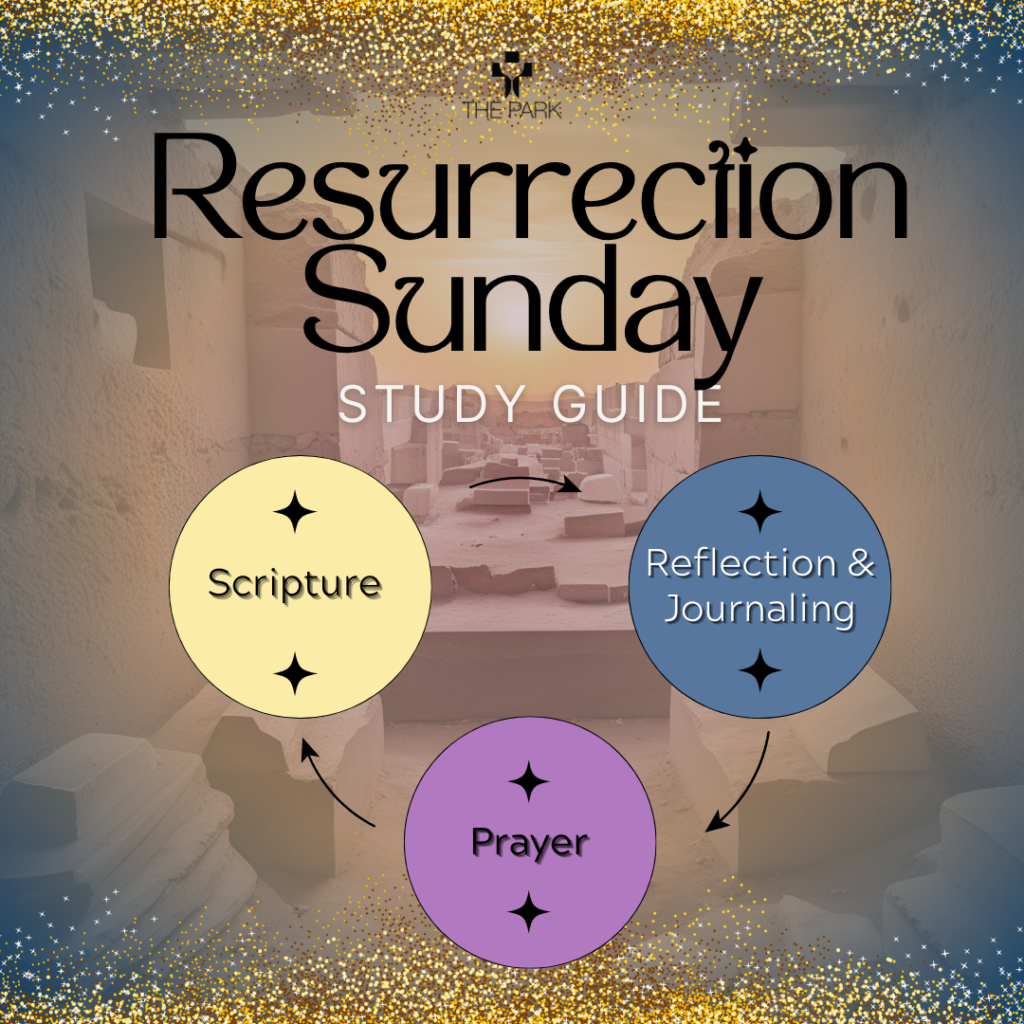RESOURCES
This guide is written for anyone who is helping to make decisions, offer support, or walk alongside others in the days and weeks after a loss. Not everything here will apply to everyone—but may it serve as a companion, no matter your role. I. In the Immediate Moments Care for Yourself and Others In the early days after a loss, grief can cloud even simple decisions. Things may come more slowly, and that’s okay. Try to: First Steps II. In the First Few Days Make Space for Grief Attend to Practical Needs III. Assigning Responsibilities Among Closest Loved Ones No one is meant to carry this alone. Whether you’re family by blood, bond, or choice, this is a time to share the weight. If you are reading this, you may be one of the people holding things together, or offering to help someone else who is. These notes are meant to guide anyone navigating the days ahead. Ensure there is someone assigned to: In many families, one or two people may be legally or practically responsible for final decisions—especially when there’s a will, executor, or next of kin. Try to be clear (and kind) about who holds this role. Even when others are deeply involved, clarity can ease tension points. IV. Notifications: Who to Inform and When Grief makes it hard to track communication. This list can help someone take the lead or coordinate with others. Immediate (within 1–3 days) Tip: One person can take this on or coordinate with others. It’s okay to send a shared message or ask someone else to speak on your behalf. Longer-Term (within 1–3 weeks) V. Planning the Service Understanding the Options Some families do both a smaller funeral and a later public memorial. Others choose one. Service Planning Checklist Obituary Template [Full Name] [Name] was known as a beloved [roles: parent, sibling, friend, mentor, colleague, etc.]. They were born in [place], grew up in [place], and spent much of their life in [location/career focus]. They were proudest of [family, service, accomplishments, etc.]. They will be remembered for [qualities, values, community impact]. They are survived by: [list with this order protocol, as applicable: spouse, children, siblings, grandchildren, great-grandchildren, nieces/nephews, grandnieces/nephews, other named people or communities]. VI. How Others Can Help In the First Few Days In the Weeks that Follow VII. Navigating Disagreements, Conflict, and the Unexpected Even in the most loving families, tensions can arise. Grief can magnify old dynamics, miscommunication, or differing expectations. This is common. It does not mean something is broken beyond repair. VIII. Business & Legal Administration Try to begin gathering documents within the first two weeks. Others can help. Documents to Locate Legal and Financial Contacts You don’t have to do this all at once. Just begin. IX. If Finances Are Limited There is help available. Many families—especially in NYC—face financial pressure during loss. Here are some resources to explore: Glossary of Common Terms Administrator – Court-appointed manager of an estate without a will. Autopsy – Medical exam of the body to determine cause of death. Casket – (coffin) A vessel used to hold the body of the deceased for viewing, funeral services, and/or burial. Cremains – Cremated remains (ashes). Estate – Everything a person owns when they die. Executor – Named person to carry out a will’s instructions. Funeral – A service held with the body present. Funeral Home – Business that coordinates body care and arrangements Graveside Service – Ceremony held at the burial site. Interment – Placing the body or ashes in final resting place. Intestate – When someone dies without a will. Medical Examiner – Government official who investigates certain deaths. Memorial Service – Ceremony without the body present. Next of Kin – Closest legal relative. Officiant / Officiate – The person who leads a ceremony. Power of Attorney – Permission to act on someone’s behalf (ends at death). Probate – Legal process of validating a will and handling an estate. Repast – A reception or meal after the service. Wake – A gathering held before the funeral, often with the body present, where loved ones can come to pay their respects. Sometimes called a viewing or visitation, it may be private or public. Will – Legal document outlining a person’s wishes. Further Resources To download this video, right-click or command-click on this link, then select SAVE LINK AS Handouts for Practicing Pronouns Rev. Stephanie Kendell’s sermon on pronouns “People of the Dawn”:
At the Loss of a Very Close Loved One - A Pastoral Guide from Pastor Kaji
If the service will be held in a church, check for any policies about bringing in outside musicians.
Date of Birth – Date of Death
You can offer clarity by saying: “This service is offered on behalf of the family. Other tributes may take place.”
https://www.nyc.gov/site/hra/help/burial-assistance.page
https://www.americanbar.org/groups/real_property_trust_estate/resources/estate_planning/
https://www.consumer.ftc.gov/articles/0301-funeral-costs-and-pricing-checklist
Multilingual Worship Resources
Multilingual Pentecost Reading
Pronoun Language Lab Resources
Pronoun Language Lab Resources







